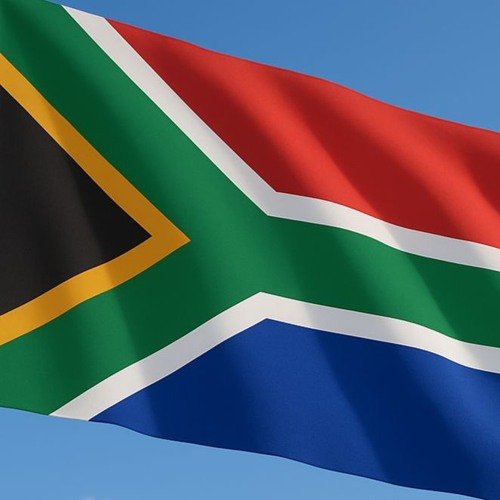South Africa – Siyahamba

Republic of South Africa/Republiek van Suid-Afrika/… –
Siyahamba
South Africa is a country in southern Africa. It is the most developed economic area on the African continent.
There are three capitals: the government is in Pretoria, the parliament in Cape Town and the Supreme Court of Appeal in Bloemfontein. The largest metropolises in terms of population (as metropolitan municipalities) are Johannesburg, Cape Town and Durban. English is the country’s lingua franca, but the most widely spoken language is isiZulu, followed by isiXhosa. In addition, Afrikaans and seven other Bantu languages are official languages of the country.
South Africa is the only African country to be one of the G20 economic powers and is counted among the nine BRICS countries. The seat of the African Union Parliament is in Johannesburg-Midrand. South Africa is one of the founding members of the United Nations and also a member of the Commonwealth of Nations.
The Republic of South Africa is a culturally diverse state in which people of several ethnicities live and which is often referred to as the “rainbow nation” due to this diversity. Since the various population groups did not always live side by side without conflict, complex problems and unrest over the course of history strained the relationship, for example between the non-European majority population and the European-born (“white”) immigrants and their descendants born in the country, but also between different nationalities within these groups defined during apartheid, with serious effects on the history and politics of the country. The Khoisan indigenous population, some of which still live as foragers, is largely marginalized today.
As a result of its election victory in 1948, the Nasional Party, a party of Afrikaans-speaking people of European descent – mostly of Dutch, but also of German or French descent – reshaped all areas of South African society according to the programmatic principle of “separate development” that it represented. However, this development had already begun under the state governments that were both British and Boer-oriented and was officially declared state policy until shortly after the election of the moderate and understanding President Frederik Willem de Klerk. The change in politics began in 1990. It was a consequence of years of struggle by the disadvantaged majority of the population under political leaders such as Nelson Mandela and was largely peaceful. The 1994 elections in South Africa brought equal voting rights for all citizens for the first time and fundamentally changed political life in the country.
The state is one of the few states in Africa in which non-European official languages are given such great freedom and there has not yet been a coup. Free and secret elections, although only with preference for the white population, have been held since the 19th century. The state’s economy is the most developed on the entire African continent.
Source by Ramixjoe ♈︎
